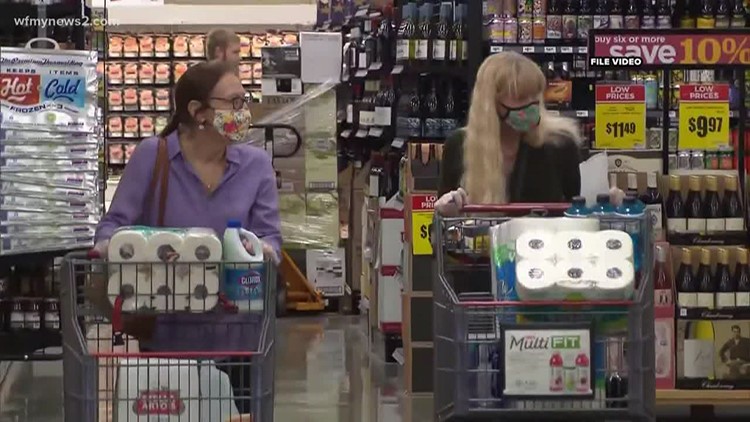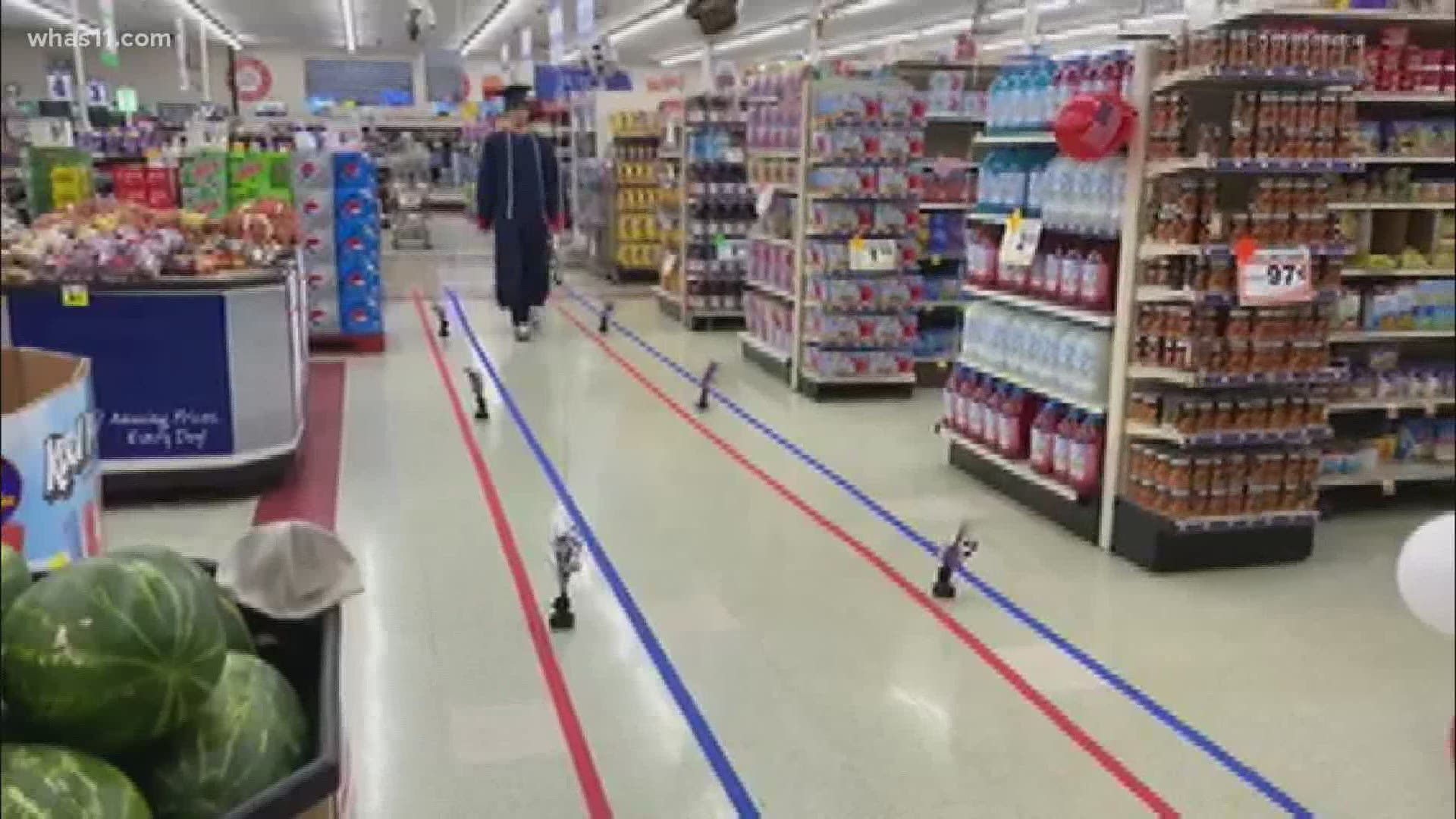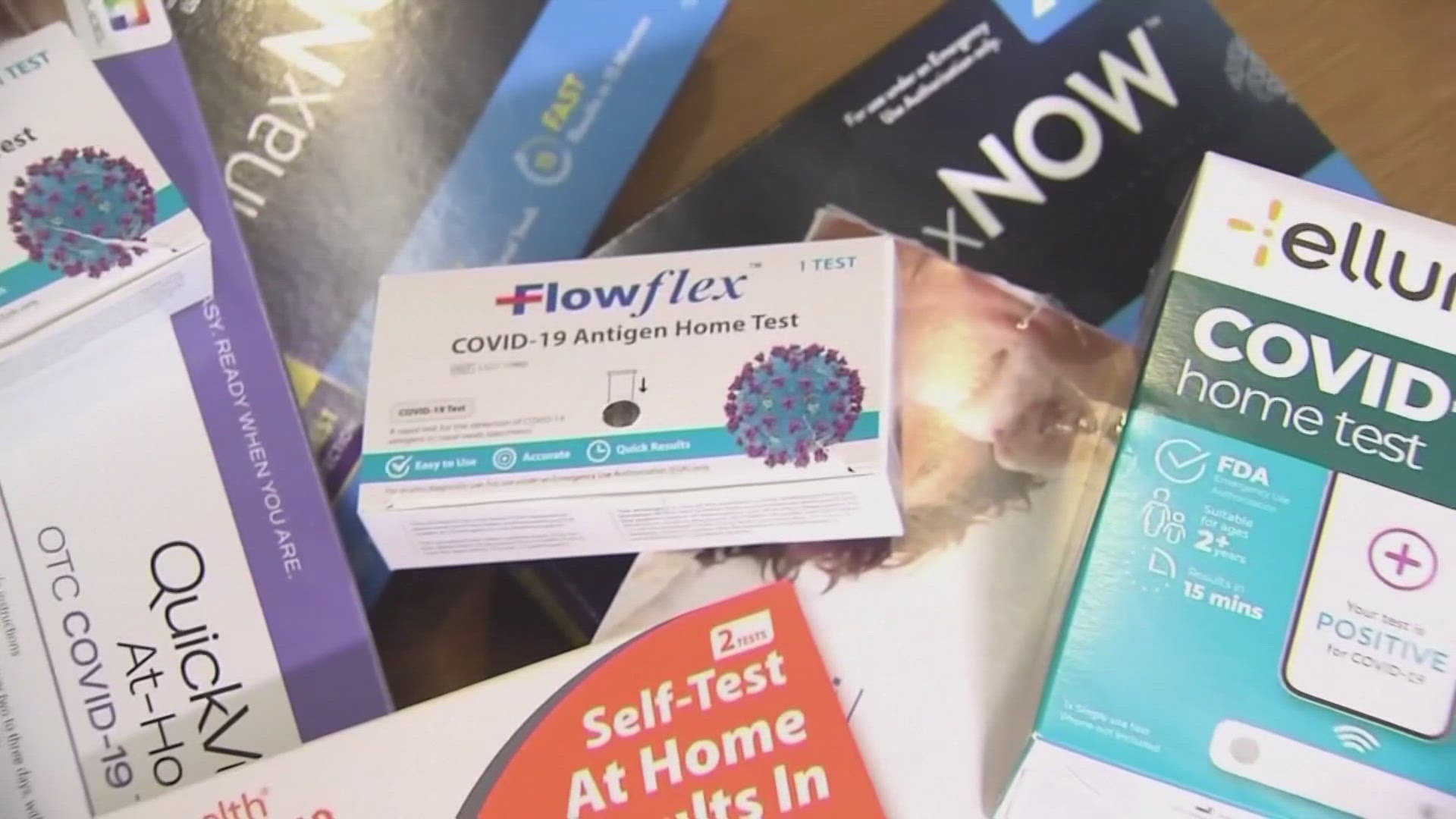MAINE, USA —
They are among the people working on the front lines of the COVID-19 pandemic; grocery store employees who stock shelves, clean aisles, and check customers out at the register. They say they are happy with the recognition they are now receiving from the public for their work. However, some believe they must stifle their fears and voices while continuing to risk their health at work.
“In the past, low-wage workers like grocery store employees, cleaners and others have been taken for granted, but now they are much more valued and considered essential workers on the front lines of this pandemic,” said Andy O’Brien, the Communications Director for Maine AFL-CIO, a state federation of over 160 local labor unions that represents 40,000 workers in the Pine Tree State. The large number does not include any grocery store employees in Maine, with the one exception of the workers at the Hannaford warehouse in South Portland.

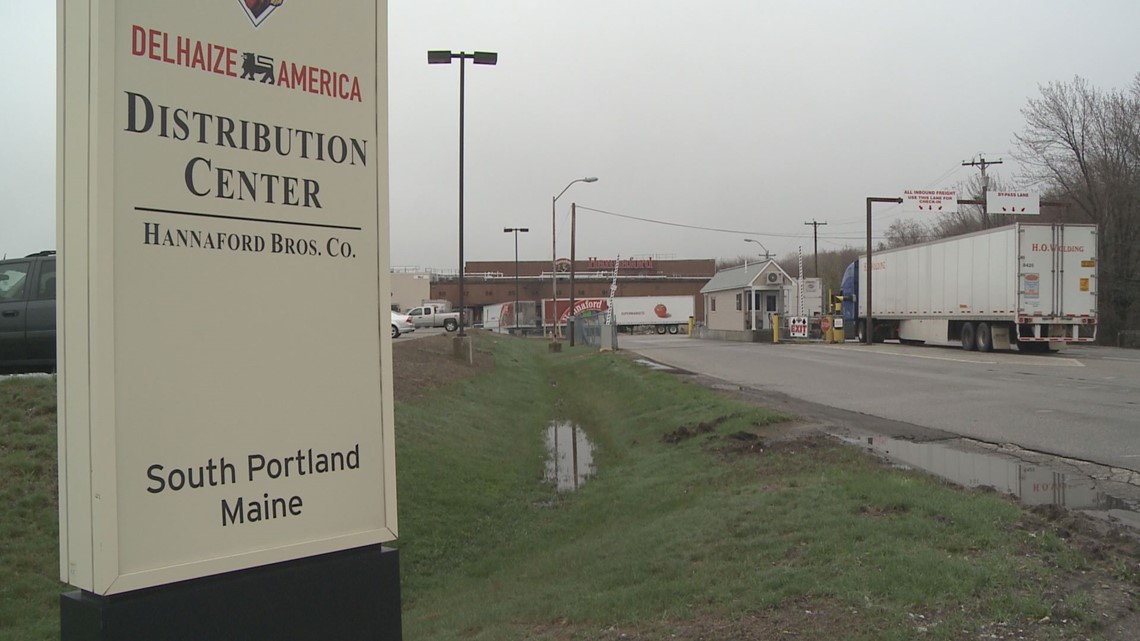
“These workers are risking their lives, and we believe they deserve the right to bargain for good wages, comprehensive sick leave policies, and safer work environments to protect themselves and their families," said O’Brien. “Unfortunately, many of these front-line workers are afraid to speak out about the lack of adequate protections in their workplaces because they fear being fired or retaliated against.”
After reading numerous reports across the country about grocery store employees who say they are afraid to go to work because their employers are not providing them with proper protective equipment to keep them safe during the pandemic, NEWS CENTER Maine contacted O’Brien to shed light on how some grocery store employees in Maine are feeling about their safety at work amid the pandemic. As a result, two employees came forward to share their stories with us, on the condition they remain anonymous.
The first person to speak up is a Trader Joe’s employee, who said, “The community has been a very positive force, but it has been stressful to hear from management that we have to keep the maximum number of people in the store at all times in order to maximize profit and avoid people’s hours being cut. For a little while, I had basically resigned myself to getting COVID, then I felt much better about things once we figured out safety measures, and now it’s more stressful again with the increased number of people in the store.”

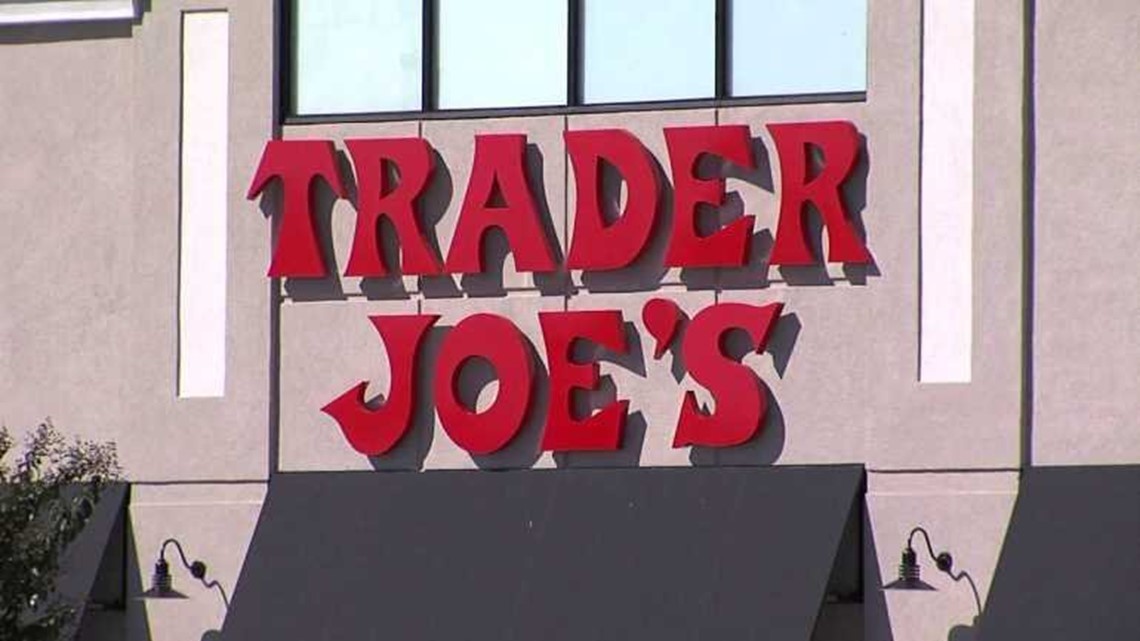
A member of the management team at Trader Joe’s in Portland said a maximum of 50 people are currently allowed in the store at the same time. Prior to the pandemic, another manager said they saw approximately 1,500 customers a day between the hours of 9 a.m. and 10 p.m. That would be 115 people on average in any given single hour of operation. During the store’s busiest times, he said customers were “shoulder to shoulder” to one another.
Trader Joe's Public Relations Director Kenya Friend-Daniel said the popular grocery chain absolutely does not value profit over its people. “There is no mandate in Portland for how many people we can have shopping inside our store at the same time during the pandemic. As a precaution, we are allowing 30-35 customers at one time at our Portland store depending on flow,” added Kenya Friend-Daniel. “We are extremely cautious not just for the safety of our employees and customers but also for the comfort level of our crew.”
When it comes to following the CDC’s social distancing guidelines, both employees said everyone is adhering as well as they can, given the number of people in the store and the close quarters of the back room. One of the employees told us, “There are these inescapable moments where a customer will reach over or past you as you’re stocking product and there is nothing you can do because it already happened.”
Another employee with the same retailer said, "Since COVID, much of what makes Trader Joe’s a fun place to work is gone. Wearing a face mask for eight hours is extremely uncomfortable, it’s hard to hear people, and when you talk you must talk really loudly. It’s exhausting. You can't avoid going into work and feel like you have no control of your safety and whether today might be the day you become infected."
Recently, the CDC found 35% of people with COVID-19 are asymptomatic but are still able to spread the virus to others. As reported by the CDC, “We are still learning about how the virus spreads and the severity of illness."
To help prevent the spread of the virus, Trader Joe’s in Portland has a list on its website that details the safety measures it now has in place that reads, “We are vigilant; heeding all federal, state and local health advisories; and where it makes sense, adjusting efforts to safeguard the health and safety of our crew members and customers, as always guided by integrity and focused on doing what is right.”
The retailer says those safety measures include crew member wellness checks, good hygiene, social distancing practices, plexiglass barriers, and much more. Click here for a full list of ways Trader Joe's is working to keep the community and employees safe.
Other grocery stores in Maine have also taken safety precautions during the COVID-19 pandemic. According to the Whole Foods website, it is installing plexiglass barriers in its stores. It also offers contactless delivery. Click here to learn more about the company’s current extended safety measures.
Shaw’s has also jumped on the delivery bandwagon. Its website indicates the grocery chain offers “contact free” grocery delivery to keep you safe during these challenging times. If you are interested in learning more about the safety measures Shaw's is taking, click here.
Lastly, Hannaford says its stores are requiring all associates to wear masks or face shields. This is not a requirement for its customers, but the company is asking them to follow suit.
A recently published consumer report by the global research firm, Ipsos, reveals 64% of American consumers are still afraid to go shopping inside a store for fear of catching COVID-19. The market and research firm said it conducted a two-part study, first analyzing which safety measures are most critical to shoppers when choosing a retailer. In its second phase, the study looked into how retailers are adhering to health and safety expectations by sending mystery shoppers to conduct in-store visits to over 5,700 retailers across the U.S. After analyzing the data, Whole Foods ranked in the #1 spot, taking the title “health and safety all-star.” Ipsos said the company achieved “universal compliance with associates wearing face coverings inside (98%), respecting 6-foot boundaries in customer interactions inside (91%), providing plexiglass barriers at checkout (95%), and offering contactless payment (87%) at the stores visited.” Landing at the #2 spot was Costco. Ipsos said, “Employees at 83% of Costco stores they visited wore face coverings properly outside the store, and employees at 95% of the stores visited wore face coverings properly inside the store. Ninety-four percent of the stores visited had social distancing markers present inside the store.”
Third place went to Trader Joe’s. The market and research firm said the retailer rounded out the top three because it actively monitors how many people are in the store at the same time, which is something shoppers highly value, according to the study. “Trader Joe’s far surpasses all the other grocery retailers when it comes to this area of tracking," Ipsos said, “with 94% of stores visited actively managing this process at the entrance.”
Upon asking both employees to share what they believe grocery stores should be doing to improve employee safety during this crisis, the first said, “I think they should put their employees before profit. No matter what the state guidelines are for the number of customers allowed in a store, these companies should be lowering that to what is realistic for being able to function and maintain a six-foot distance between all people. Not just between customers. But between customers and employees, too. Sometimes I think that people forget the employees deserve that same six-foot distance.”
The only way grocery store employees will feel confident asking their employers to provide safety measures is to be backed by a union, said O'Brien. That way, “they have the collective power to demand safer working conditions, proper personal protective equipment, and hazard pay."
In the past few months, O’Brien said many frontline workers in the state have contacted the Maine AFL-CIO because they are interested in forming unions in their workplaces. It’s been 63 years since 60,000 union members in Maine merged together under the Maine AFL-CIO labor organization. Click here for a list by the CDC of safety measures for grocery workers during the COVID-19 pandemic.


